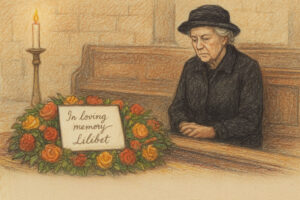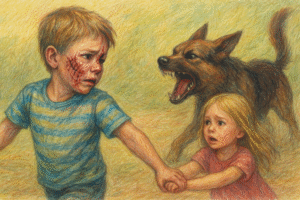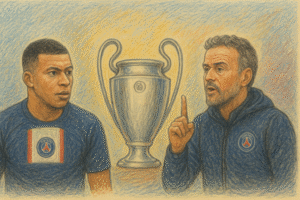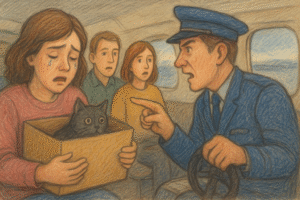A movie called “The Kingdom” was released in 2007. It was a movie about an FBI team that was sent to investigate a terrorist attack at a military base in the Middle East in order to catch or kill the boss of the terrorist organization. One of the military personnel who died in that bombing was the husband of one of the people on the FBI team. The boss (Jamie Foxx), to console her, whispers something secretly in her ear that no one else could hear.
The FBI team finally found the boss of this organization and shot him. As he was dying, his son and grandson hugged him, he whispered something in his grandson’s ear, and then he died. What did both of them say? They both said the same thing: “we are going to kill them all.”
This is the answer of the world in the face of offenses and wounds that our neighbor causes us: hatred, vengeance, resentment, etc. For the standards of the world, there is no other answer than that.
However, for Christians the answer should be completely different: the answer should be forgiveness. In front of a conflict with our neighbor, the behavior or attitude that the Christian must have is that of forgiveness. Why? Because although it seems contrary, forgiveness, and not hatred nor vengeance, is an authentic human action.
In order to understand this, we need to understand what it means to speak of an authentic human action. An authentic human action is an action that qualifies us for good, which means that it makes us better as a person. A human person, with his freedom, has the capacity to decide and he becomes more or less good according to his choices.
Both things are verified in a very clear way in the act of forgiving. Forgiving is a predominantly free act, because in order to forgive one must go against one’s own passions: hatred, resentment, etc., which are the same passions that constrain freedom. In fact, one who does not forgive ends up being a slave of his own pain and resentment. Precisely for that reason, many spiritual and psychological illnesses are consequences of unforgiveness. A psychologist once said that in all those who consulted him, he always found a lack of forgiveness.
Secondly, it is an act that produces a good to the person. When someone forgives, although it seems that the first beneficiary of that forgiveness is the other person, nevertheless, the one who experiences the greatest good is the one who forgives, since he does a great good to himself. This is because hatred, which is contrary to charity, hurts or even destroys charity in us while forgiveness restores it.





